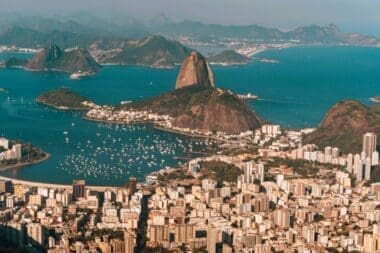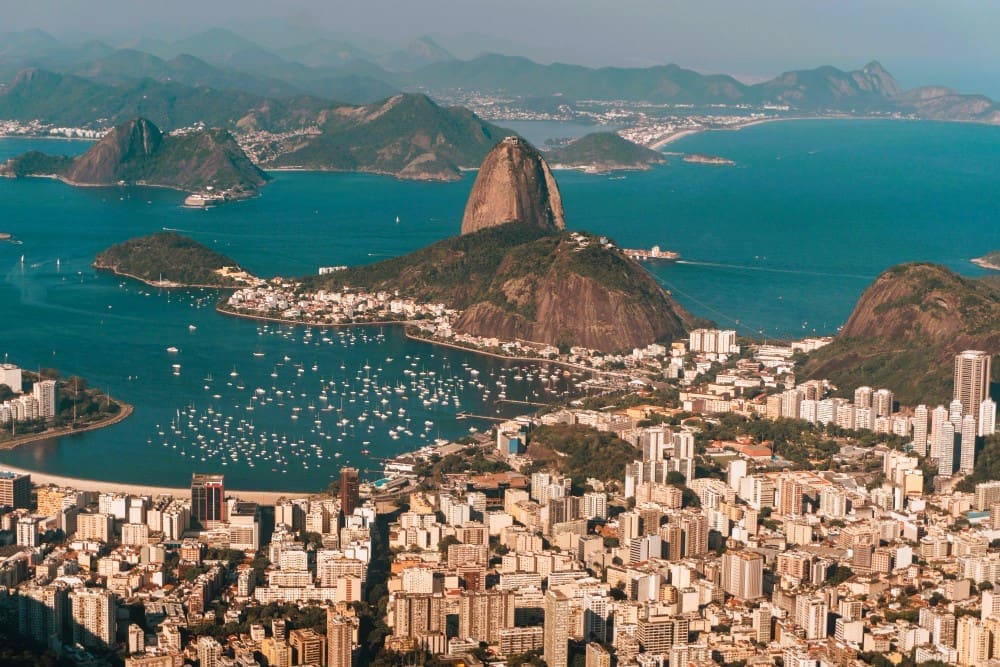Brazil expresses optimism regarding the ratification of the EU-Mercosur trade agreement despite facing some opposition. This sentiment is bolstered by the current global trade environment, notably the tariff increases imposed by the United States. The head of ApexBrasil, Brazil’s Trade and Investment Promotion Agency, highlighted the opportunity to enhance the agreement’s implementation amid these challenging conditions.
In December, the European Commission reached a political agreement with Mercosur nations, including Argentina, Brazil, Paraguay, and Uruguay, to create one of the largest free trade zones globally. This agreement would encompass 750 million people and account for about one-fifth of the global economy. However, the deal still requires approval from EU member countries before it can be enacted.
Some EU countries, particularly France, have expressed concerns over potential unfair competition arising from Mercosur’s agricultural exports and the environmental standards in these countries. The current global trade tensions, exacerbated by the Trump administration’s actions, underscore the need for adjustments in trade practices. The imposition of tariffs on European exports to the U.S., valued at over $600 billion, could significantly impact various sectors in Europe, including agriculture and manufacturing.
France has advocated for the inclusion of “mirror clauses” in the agreement, ensuring that agricultural imports from Mercosur adhere to the same production standards as those in the EU. However, Brazilian officials argue that differences in production conditions, influenced by distinct climatic environments, make such alignment challenging. Nonetheless, there is confidence that these issues can be resolved through dialogue and cooperation.
Brazil is keen to expand its exports to Europe, focusing not only on raw materials but also on renewable energy. In the industrial sector, Brazilian aerospace giant Embraer, which already operates a plant in Portugal, has committed to investing billions in Europe to produce aircraft components.
Supporters of the Mercosur agreement within the EU argue that the deal is crucial to countering China’s growing influence in the region. Although China remains Brazil’s largest trading partner in terms of quantity, Europe is prioritized for its qualitative trade relations.














